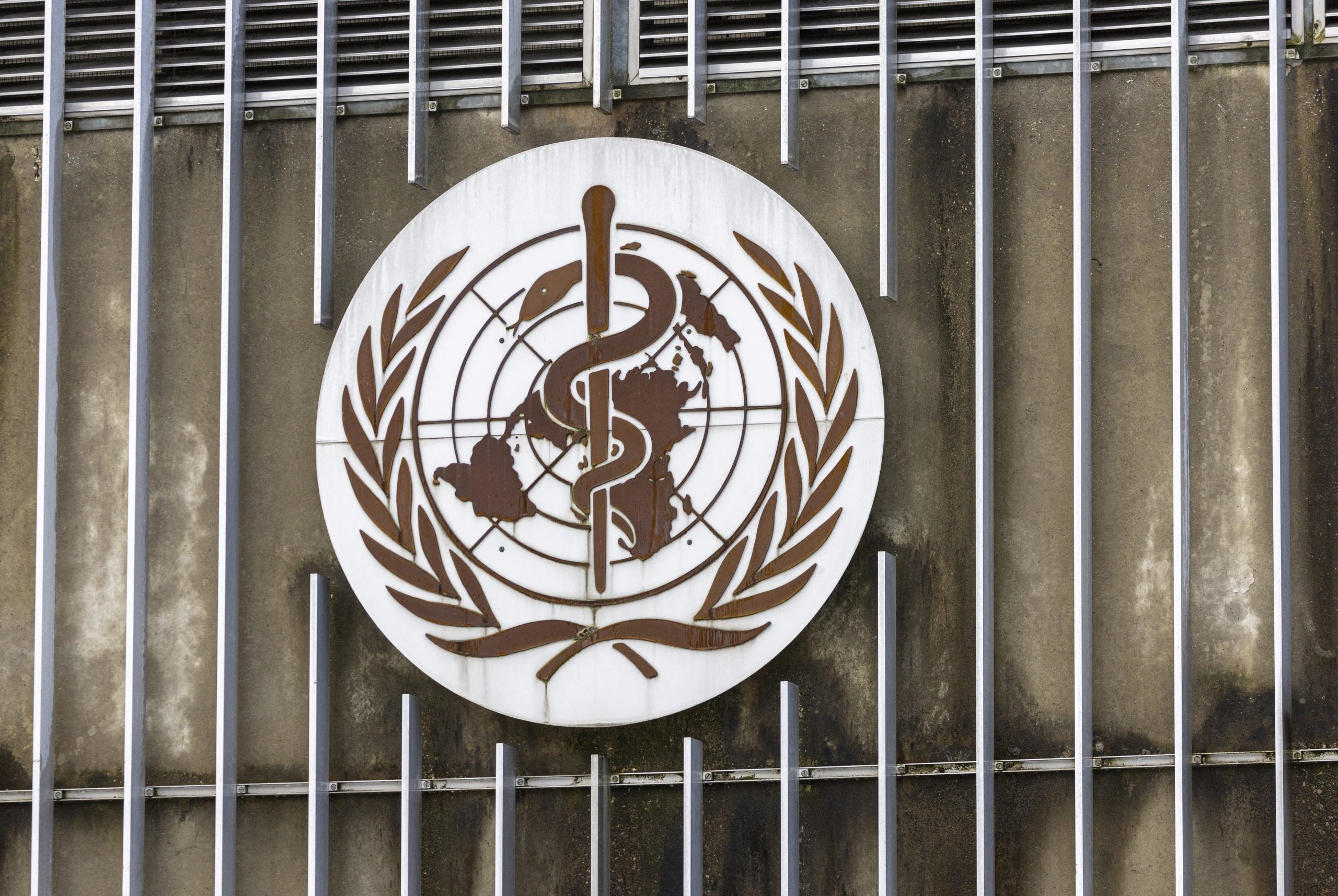
Lauren C. Moye, FISM News
[elfsight_social_share_buttons id=”1″]
The Biden administration is preparing to sign away authority over U.S. health policies during global medical emergencies to the World Health Organization (WHO), according to an Epoch Times exclusive.
In September 2022, U.S. Health and Human Services (HHS) Secretary Xavier Becerra and WHO Director-General Tedros Adhanom Ghebreyesus announced a strategic dialogue between the two entities. Out of these discussions came the “zero draft” of a pandemic treaty that grants WHO the ability to declare a global emergency and dictate national policies of all treaty signatories.
According to this draft, the WHO “aims for a world where pandemics are effectively controlled to protect present and future generations” under a “world together equitably” vision.
The vision statement also reads that WHO wants “to achieve greater equity and effectiveness for pandemic prevention, preparedness, and response through the fullest national and international cooperation.”
While the document claims to recognize the sovereign rights of countries to establish pandemic policies, the treaty also notes this right is provisional granted the activity of any country does “not cause damage to their peoples and other countries.”
The zero-draft also affirms that human rights should be drafted into local laws, with the guidance that pandemic policies should be “non-discriminatory, necessary to achieve the public health goal, and the least restrictive necessary.”
However, Article 15 of the document emphasizes the need for global coordination during pandemics which should be overseen by WHO and involve “support mechanisms that ensure global, regional, and national policy decisions are science and evidence-based.”
These words echo those repeatedly used by Democrats during the COVID-19 pandemic to push mask mandates and vaccine requirements.
The WHO has been criticized for its handling of the COVID-19 pandemic, including a slowness to react and an inability to gain global cooperation. This new treaty would give them sweeping power to intervene in emergencies, including reserving 20% of all tests and vaccines to sell or distribute to poorer countries and superseding the intellectual property of companies to increase manufacturing speed.
Of even more significant concern is the ability that the WHO would have to mandate policies, which the U.S. has already witnessed could be an appeal to the authority of science for vaccine compliance despite an individual’s objections.
“If these rules go through as currently drafted, I, as a doctor, will be told what I am allowed to give a patient and what I am prohibited from giving a patient whenever the WHO declares a public health emergency. So, they can tell you you’re getting remdesivir, but you can’t have hydroxychloroquine or ivermectin,” Physician Meryl Nass told the Epoch Times.
The “zero draft” was published Feb. 1. There will be a meeting on Feb. 27 to work out final terms before the treaty is presented to the 194 WHO member states for ratification.
As of now, President Joe Biden is expected to sign the treaty as a U.S. representative. If he does, it could make the document legally binding for the entire U.S. and would effectively hand over the authority of policy-making decisions to a foreign entity.
Republicans will most likely attempt to prevent this from happening by appealing to the Treatise Article in the U.S. Constitution that requires a two-thirds Senate majority vote to consent to the ratification of an international treaty.
However, Biden’s signature alone could be enough to bind the U.S. considering the treaty contains a “provisional clause” that allows it to go into effect without the ratification of a legislative body. This has led opponents to condemn those behind it, saying that the document was purposely drafted to circumvent the legal ratification process.
While some Senate rulings allow for the president to make executive agreements, Reid v. Covert in 1957 affirms that these agreements cannot contradict existing federal law or the Constitution itself.
